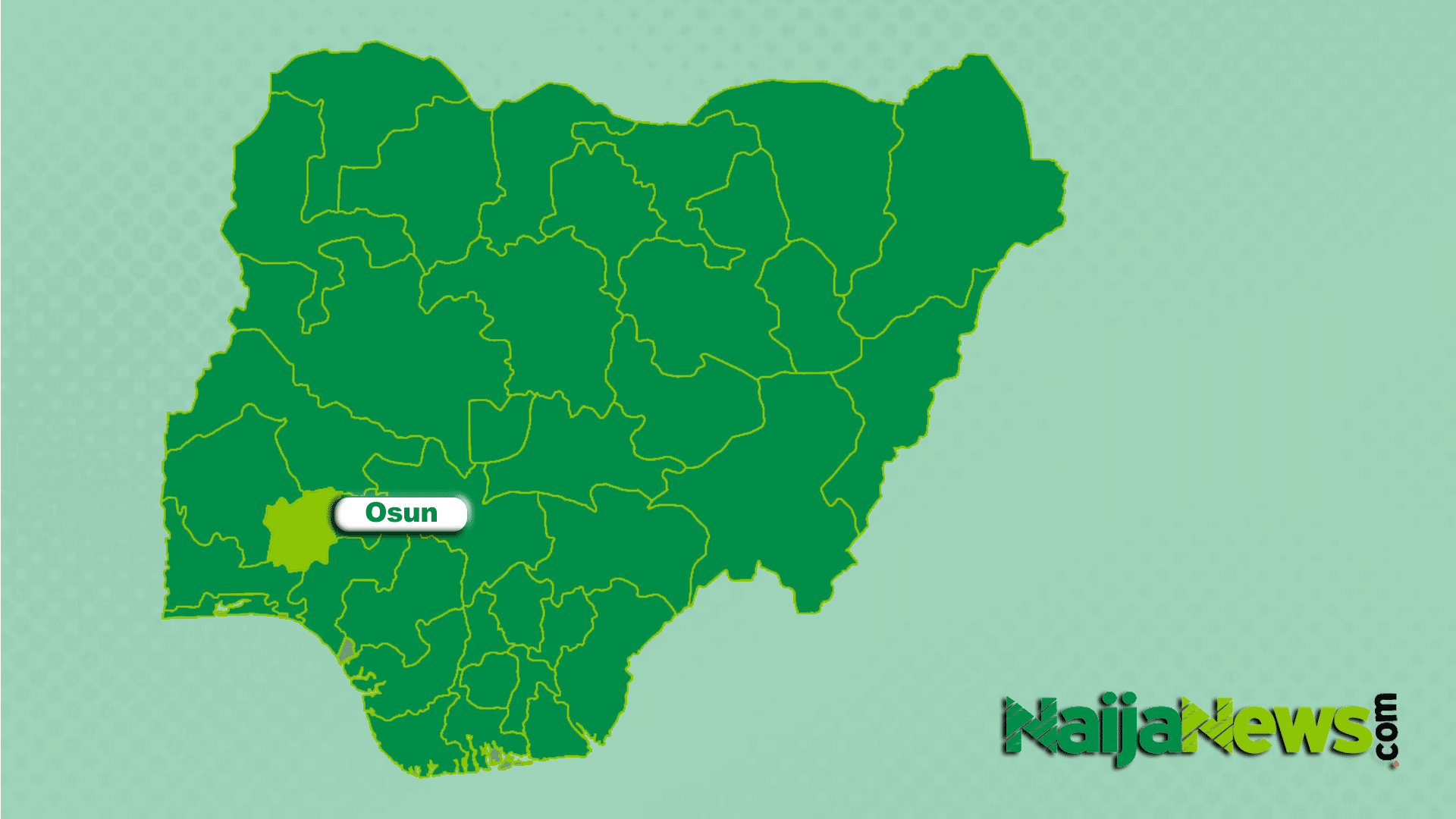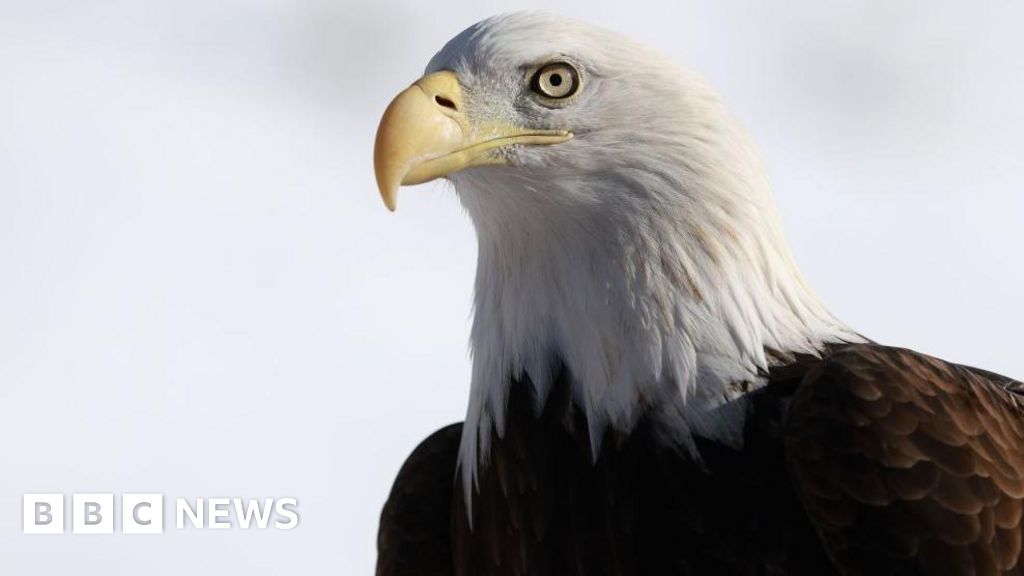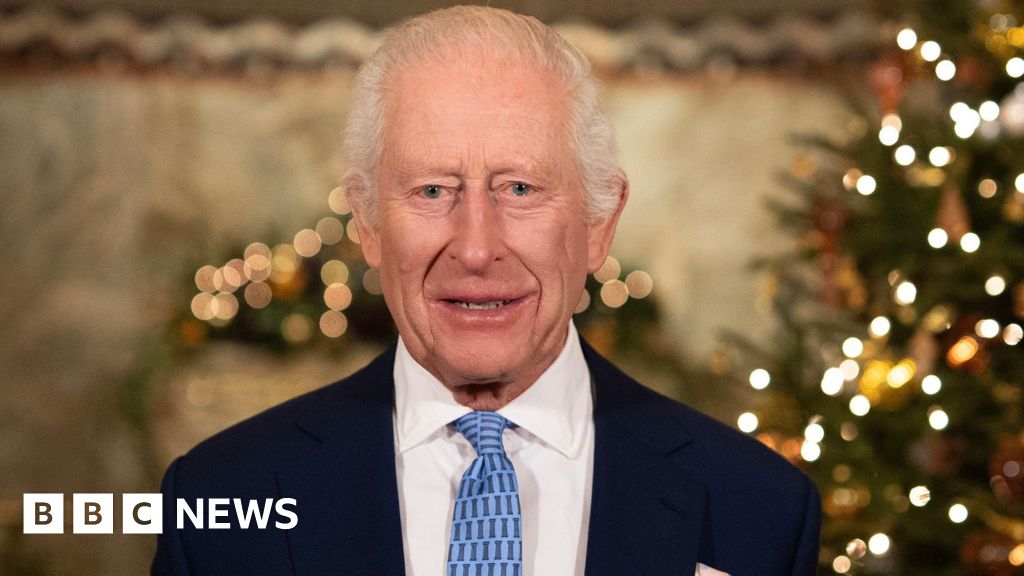Business consulting services firm, PricewaterhouseCoopers (PwC), has said that the economic reforms implemented by the administration of President Bola Ahmed Tinubu are producing positive outcomes.
PwC, in its Nigeria economic outlook for June 2023, revealed that the Federation Account Allocation Committee (FAAC) disbursements increased to N1.87 trillion in April 2024, a 91.3 percent rise from the N976 billion disbursed in May 2023.
PwC said the revision was due to exchange rate and monetary policy reforms, reduction in fuel subsidy payments, and scale back of government financing by the Central Bank of Nigeria (CBN).
“FDI’s grew 114% from $86 million recorded in Q2 2023 to $184 million in Q4 2023. Similarly, FPI increased to 190% from $106.9 million in Q2 2023 to $309.8 million in Q4 2023,” the company said
The firm’s report also stressed the negative impact of the reforms on businesses and households.
“The naira depreciated against the dollar by 67.8% from an average of ₦461.1 in May 2023 to ₦1,433.8 in May 2024. The depreciation took effect despite foreign exchange market reforms by CBN to achieve price discovery and attract liquidity to the market,” the further report reads.
“The Monetary Policy Rate (MPR) was raised by 775 basis points between May 2023 and 2024 to address rising inflation.
“Although the rise in MPR may attract more Investors to the fixed-income market due to Higher yields, it has negatively impacted Borrowing costs for businesses.”
READ ALSO:Federal Government needs N15tr to execute 260 road projects, says Umahi
“The increase was driven by distributable VAT, statutory allocation and exchange rate difference revenue,” the report read.
“Fitch Ratings revised its outlook on Nigeria’s Long-Term Foreign-Currency Issuer Default Rating (IDR) from Stable to Positive.”
Additionally, Fitch Ratings has revised its outlook on Nigeria’s Long-Term Foreign-Currency Issuer Default Rating (IDR) from Stable to Positive. PwC attributes this revision to reforms in exchange rate and monetary policy, reduction in fuel subsidy payments, and a reduction in government financing by the Central Bank of Nigeria (CBN).
“Foreign Direct Investments (FDIs) grew 114% from $86 million in Q2 2023 to $184 million in Q4 2023. Similarly, Foreign Portfolio Investments (FPIs) increased by 190% from $106.9 million in Q2 2023 to $309.8 million in Q4 2023,” the report continues.

 5 months ago
34
5 months ago
34















 English (US) ·
English (US) ·